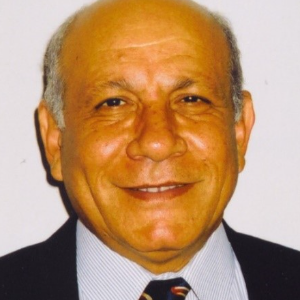Petroleum formation evaluation is a critical process in the oil and gas industry that involves assessing the characteristics and potential of subsurface reservoirs to determine their suitability for hydrocarbon extraction. This multidisciplinary approach employs various tools and techniques to analyze rock and fluid properties within the Earth's crust. Wireline logging is a common method, utilizing sensors lowered into boreholes to measure resistivity, porosity, and other parameters. Mud logging involves analyzing drill cuttings at the surface for geological and hydrocarbon indicators. Core sampling extracts cylindrical rock samples from wells, providing detailed information about the reservoir's composition. Seismic data, collected through surveys and reflected waves, assists in creating images of subsurface structures, aiding in reservoir characterization. Petrophysical analysis integrates different measurements to derive comprehensive reservoir properties. Advanced technologies like nuclear magnetic resonance (NMR) logging offer insights into pore structure and fluid interactions. Formation pressure measurements are crucial in understanding reservoir dynamics. The data obtained during formation evaluation helps in estimating hydrocarbon reserves, designing well completions, and optimizing production strategies. The integration of artificial intelligence and machine learning enhances data interpretation and decision-making. As the oil and gas industry evolves, continuous innovation in formation evaluation technologies contributes to improved reservoir understanding, increased drilling success, and the efficient recovery of hydrocarbons from subsurface formations.

Anthony J Sadar
Environmental Science Communication, LLC, United States
Selim Sanad Shaker
Geopressure Analysis Services, United States
Sharma Dronamraju
AKD Professional Solutions Inc., United States
Ross Cygan Taylor
North Sea Transition Authority, United Kingdom
Saleh Alqahtani
Saudi Aramco, Saudi Arabia
Abdulrahman Bahashwan
Saudi Aramco, Saudi Arabia



Title : The Vacuum Insulated Heatable Curtain (vihc): From conceptual invention to market deployment as a cost-effective dual solution for window heat loss reduction and localised radiant comfort
Saim Memon, Sanyou London Pvt Ltd, United Kingdom
Title : Transforming waste plastic into hydrogen: Progress, challenges, and future directions in pyrolysis-based integrated pathways
Nur Hassan, Central Queensland University, Australia
Title : Unlocking UKCS potential through collaborative well interventions
Ross Cygan Taylor, North Sea Transition Authority, United Kingdom
Title : Driving excellence in marginal field development and operations through an integrated smart strategy to unlock challenging sour oil
Sharina Al Muhairi, ADNOC Onshore, United Arab Emirates
Title : Innovative solutions for accurate and efficient gas monitoring
Raysa Bani Ibrahim, Abu Dhabi National Oil Company, United Arab Emirates
Title : Innovative solutions for accurate and efficient gas monitoring
Mariam Alzaabi, Abu Dhabi National Oil Company, United Arab Emirates